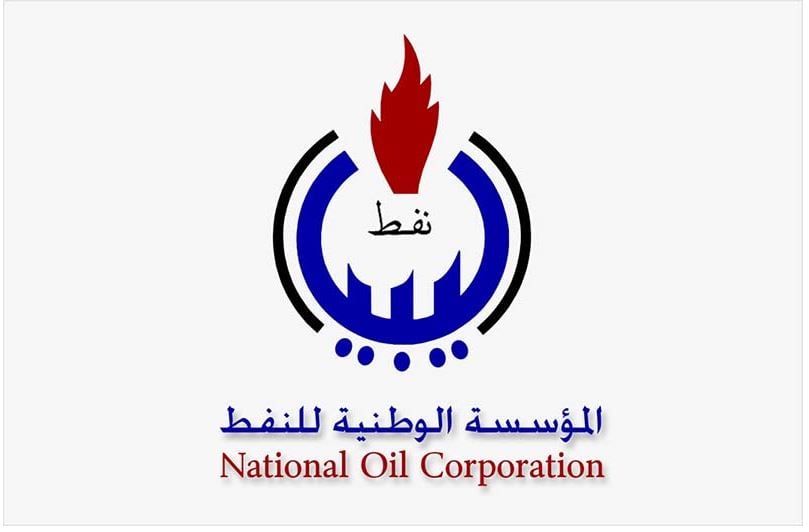NOC’s disagreement with Libya’s oil minster resurfaces
Published on Monday 30 October 2023 Back to articles
The National Oil Corporation (NOC) and its subsidiaries are continuing to engage with IOCs as part of their efforts to increase production. However, the long-running animosity between the NOC and the GNU Minister of Oil and Gas, Mohamed Oun — which is largely based on disagreement regarding the legal roles of the corporation and the ministry in the management of the oil sector — has resurfaced yet again. Oun, has called for the enforcement of the House of Representatives’ Resolution No.15 of 2023. This calls for a halt on all new procedures and contracts — or amendments to existing ones related to sovereign wealth including oil and gas — until an elected government assumes control. On 16 October he sent a letter to the NOC’s chairman and the head of the General Company for Gas Transmission and Distribution instructing them not to contravene the laws and regulations governing the sector.
Oun was reacting to the NOC’s unilateral decisions including new agreements and revisions of existing ones. On 24 October, however, the NOC appeared to ignore the letter by signing a Memorandum of Understanding (MoU) with Norway’s Equinor to study and evaluate Libya’s offshore oil and gas prospects.
The NOC also signed an agreement with the UAE’s ADNOC, France’s TotalEnergies, and Italy’s Eni to develop the MN-7 field in Hamada al-Hamra. This contract was severely criticised by a number of Libyan experts who voiced concern about the field — which had been operated by NOC’s Arabian Gulf Oil Company (AGOCO) subsidiary — being handed over to foreign companies. They claimed that this was not in the national interest and that AGOCO would be perfectly capable of enhancing production if it was properly funded. Criticising the NOC’s other deals, they accused it of dealing directly with some other IOCs which they allege lacked the necessary experience and called for qualified companies to enter into honest and transparent competition that serves the interests of all parties.
Meanwhile, like many other countries, the GNU has extended Libya’s 12 nautical mile territorial sea to a 24 nautical miles contiguous zone from which the baselines will determine the country’s territorial sea. This is partially linked to the ongoing tensions over maritime boundary agreements with Libya’s Mediterranean neighbours signed between: the GNU and Türkiye; and soon afterwards eastern Libya with Egypt and Greece.
This excerpt is taken from our Libya Politics & Security weekly intelligence report. Click here to receive a free sample copy. Contact info@menas.co.uk for subscription details.


